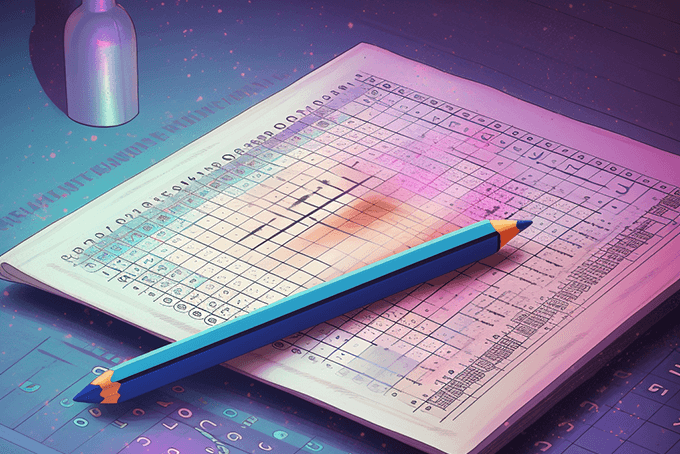The single biggest problem with improving teaching skills is that fifty percent of the process is usually ignored. There’s the professional development bit. And there’s the personal bit. The problem, in a nutshell, is that most skills also require some personal qualities, and those qualities tend to get left at the door.
My favorite example is the power of patience. Let’s forget about the classroom for a moment, and look at personal life. My wife recently fractured an ankle and is in a cast from toes to mid-thigh. So I’ve become chauffer and gopher and a whole lot of other things that we used to share. And I also prepare 2 to 3 meals a day, which I have never done before! (She cooked. I did the washing up). So far, so good.
Trouble is that that I have to learn my way around the kitchen and the pantry and the fridge and various stores (I finally know Costco inside out and from every angle). And then I do the preparation and the cooking, and ask her for advice. This is a huge challenge to both of us. On occasion I have no idea what she is saying and have to take a deep breath and ask for the sort of clarification that, say, would make sense to a three year old. And she has to take a deep breath and not get flustered when I don’t “get” what seems to her to be patently obvious. Talk about developing patience!
“So what?” you ask. Well, I am acquiring some new skills (turns out that I can actually cook quite well, in a limited sort of way). But there is no conceivable way that I could develop that skill without a huge amount of patience on both our parts, and we both have to work on that.
Now let’s translate that into teaching. My current interest is in listening, and one of the most basic of all practices that teachers need to master is wait time. If you ask a question, it may take a student time to wrap his or her mind around what you are really asking about. Or there may be all sorts of emotional stuff going on that deters a student from responding immediately. So teachers have to master the “skill” of wait time.
But it’s more than a skill, isn’t it? To a student there is an absolutely massive difference between the teacher who “seems” to be waiting but is obviously impatient and is gritting her teeth while counting to seven, and the teacher who knows and cares about what is going on inside that student, and is genuinely waiting patiently.
Students see the difference clearly. And they feel it. So the impatient teacher is much more likely than a patient one to intimidate a student into a rushed and almost automatic answer that is not really accompanied by any thought.
The bottom line. Using wait time well depends on developing some genuine patience. That may not be easy. But it’s the personal growth element and that makes the practical skill work.
I know. The more patient my wife is with me, the better I cook and the happier everyone is. I promise you it’s worth the effort.



